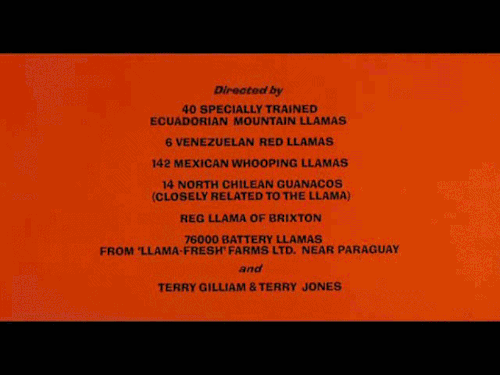It doesn't "know" that it needs to keep trying. The process of trial and error is just inevitable. For example - you used the development of webbed feet as a potentially successful adaptation so lets work with that.
Let us say a hypothetical population of humans lived on a remote island with no contact with the rest of the world, One day there was a massive earthquake and the island sunk beneath the sea - although the depth was still fairly shallow around the remnants of the island so that they did not drown. They manage to survive, and to breed and new generations live their life without ever seeing land. One day a baby is born with a deformity due to a genetic mutation:
View attachment 67145062
As a result of this deformity the baby is able to move water much more efficiently and is able to more readily evade the predatory sharks that are notorious for killing off its kinfolk. One day a shark comes along while this child and its friends are playing in the shallows - the child with the paddle-hands is targeted by the shark and he is able to smoothly evade the attack because of his paddle-hands. the shark then goes on to eat his sister. paddle-hand lives to breed, his sibling without the mutation does not - and as a result paddle hand passes on his genes. He has 4 kids, 2 of which are born with paddle-hands, 2 without. The 2 paddle hand kids live to breed, of the 2 without paddle hands one gets ate by a shark, the other gets killed. This process repeats over generations until over time the majority of the clan of sea dwelling people have paddle-hands, it is mathematically inevitable this will occur because they have a higher survival rate.
Now the questions are: Did the original paddle-hand kid "know" it had to be born with paddle-hands? Did the parents know that they somehow had to have a paddle-hand kid? Did natural selection "know" it had to produce a paddle hand? Was there "thinking" involved? Of course the answer is no to all of these, that would be ridiculous. It just happens, pure trail and error with random mutations which are then
selected for if they increase the chance of reproducing (note: because these changes are selected their proliferation is NOT random).
The drafting table is nothing more than pure trial and error, no purpose at all to it - no need to "know" where it is going.
edit: due to a change in environment the paddle-hand was an improvement and was selected for, had the island not sunk into the sea the paddle-hand would have been at a disadvantage and would have less of a chance of reproducing - in this case it is a deleterious mutation, but due to the change in environment this adaptation was beneficial and as such would be selected for.

